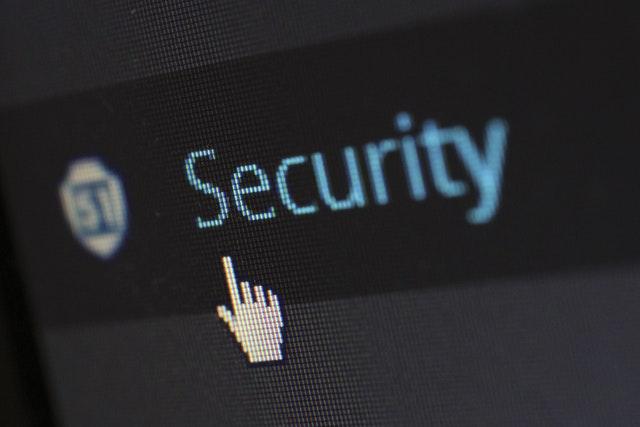Do you really need to protect your business? What are you protecting your business from or against? What about protecting your employees, and from what would you need to protect them?
In this article, we talk about how to protect your business and employees from several business hazards.
In today’s business environment, as a business owner or startup, regardless of your company size, there is a need to create a culture of safety awareness to protect your business, employees, patrons, and property.
To provide valuable and easy-to-understand information on steps you can take to help prevent injuries. And how things should be handled when something goes wrong.
This article has been written for the Small and medium enterprises:
Contents
Password Protection – A must To Protect Your business
When choosing the best computer security strategy for your business, password protection is a vital part of the process. By securing your company’s computer systems, your employees can handle more work online, which means they can be more productive.
Password protection is also essential in protecting your business from online threats, such as hackers.
A simple way to enforce password policy compliance is to hold company meetings regularly. These meetings should include brief lessons on cybersecurity risks and spear phishing.
Then, after each meeting, remind employees of the company’s password policy and enforce it. If employees feel like the management is taking cybersecurity seriously, they are more likely to abide by it. For example, they may tape their laptops with a password policy and follow it religiously.
Regularly Train Your Employees
Educating employees is essential in preventing cybersecurity incidents and protecting your employees from identity theft. According to Kaspersky, 46% of data breaches in 2019 were caused by human error.
Therefore, educate your employees about cybersecurity threats and prevent phishing attacks. Train employees to use complex passwords and change them often. Using password management software is also recommended because it discourages easy passwords. Training is indeed an effective way to protect your employees from errors due to ignorance.
In addition to solid password management practices, you should also install anti-virus software. Anti-virus software works by identifying potential threats to your systems and blocking them. These anti-virus products are either actual software or cloud-based security systems.
Insurance As A Way To Protect Your Business
The first thing that comes to mind is health insurance for employees. If a worker is injured on the job, they’ll likely be able to take time off from work to recover.
As an example, Milepost Insurance can be good for both the employee and the business. It allows the employee to heal while their employer doesn’t have to pay them during this period. It also means that they don’t need to rush back to work too soon and risk re-injuring themselves.
Install Internal Controls
Establish internal controls that limit access to corporate data. Employees need access to information and documents to perform their jobs, but they shouldn’t have access to everything. Employees’ access should be limited and logged.
Segregate data access by role to prevent employees from having too much access to company data. And don’t forget to show them how much you value them. You’ll show them you care about their livelihoods by addressing their concerns.
Ensure employees understand what information they have access to and what they need to do to protect it. The same goes for PIN pads, which hold personal information. It’s essential to keep PIN pads safe and inventoried.
Data Protection Policies
A data protection policy should detail how your business processes personal data. This may refer to customers, employees, or other parties. In the policy, you should outline the data flow within your business, including a map of who touches the data.
It should also specify if the data were transferred outside the country. It’s also essential to include the policy in your contract clauses with third parties. This document should be available for your employees to read.
Multi-Factor Authentication
When protecting your business from cyberattacks, multi-factor authentication is crucial. By requiring users to verify themselves through a second factor, such as a security code sent to a mobile phone, you can ensure that your data is protected from hackers.
Although most people consider multi-factor authentication sensible, regulators and partners often require it. Multi-factor authentication can be knowledge-based or biometric, and Knowledge-based authentication includes passwords and secret questions.
Conclusion
Risk management is an ongoing process that you should never stop thinking about. A solid plan can protect you and your employees from a wide range of threats. It does not apply to mom-and-pop businesses either—even the most significant global companies utilize this strategy to mitigate accidents and protect investments.
There are hundreds of helpful resources to help you draw up a risk management plan tailored to your business, so consult as many as you can and start brainstorming ways to prepare for anything that might happen in the future.

























